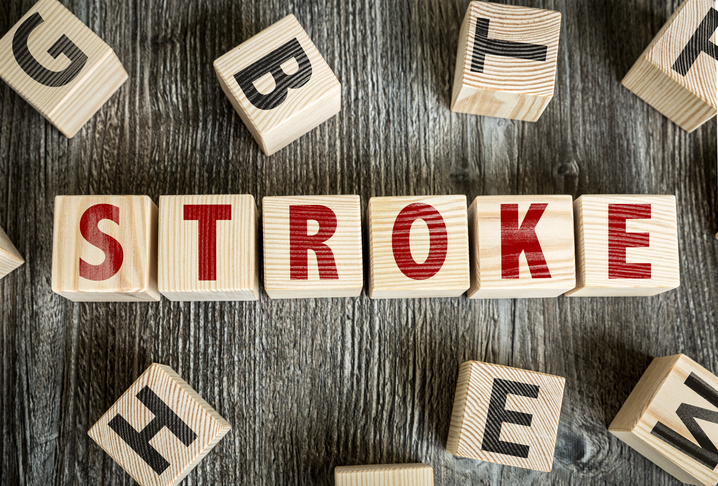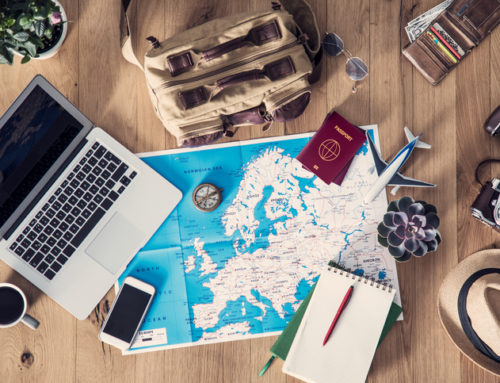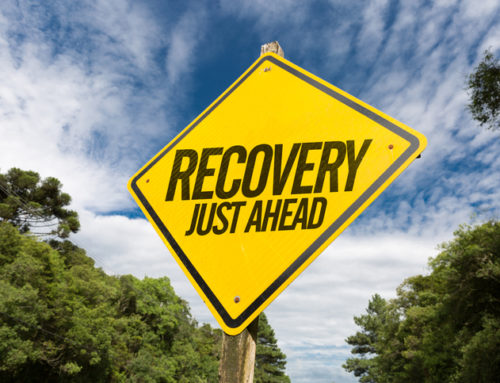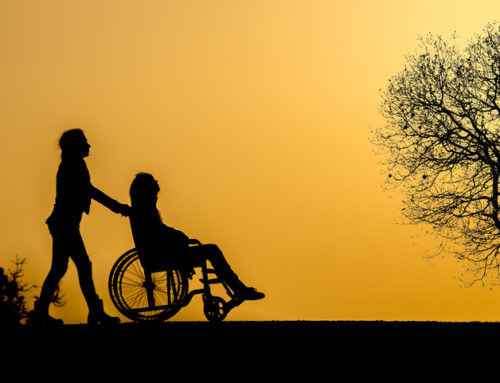A common outcome during or after a stroke is something known as paralysis, it can be one sided or it can take control of the entire body. Paralysis isn’t something that can be timed for recovery, some patients can experience small progression in movement after six months while other stroke survivors might never gain their independence back. In either situation, there’s a long period of time between a stroke and a full recovery, so we’re here to help in the meantime.
Getting Ready
Strokes can cause serious damage to the body, so aside from physical therapy and proper medications, there’s not much else we can do but allow our bodies to heal. Since there is no set recovery date for incidents like these, caregivers are often brought in to offer aid while the patient still retains some of their independence by staying in their own home. As amazing as that is, patients still struggle with the idea of letting others bathe and dress them, but there are easier, less invasive ways to accomplish getting up in the morning.
A good start is to invest in a bath/shower chair, they come in many shapes and sizes and some are even specifically designed to aid stroke survivors. Choosing a chair that’s right for you will greatly depend on the condition the stroke left your body in, but we recommend the ErgoActive Rolling Commode Chair. It’s designed to make showers and toileting more accessible while providing safe and comfortable seating. It can take quite a while to get up and going in the morning, as someone who has bathed paralysis patients before, the average time to get ready is almost two hours. Bathing aids can really speed things up in the morning, having access to nifty tricks like the In Bed Head Wash System can help with quick shampoo’s if taking a full bath just isn’t possible.
Be Practical
Taking the steps to invest in things like a commode chair or bathing/toileting aids is a great start, but not many people enjoy taking these steps. It can be tough and even vulnerable to relinquish that freedom and independence, but in the end it’s beneficial for everyone involved. Practically speaking, bathing aids and even dressing aids are some of the first things stroke survivors should consider, especially when under the care of someone. While getting ready for the day is arguably one of the most important things for a patient to figure out, it’s also important to keep a good attitude and mindset. Sometimes this can be achieved by having good company around like friends and family, but other times it might be a good idea to join support groups to hear similar experiences and stories.
These groups can really help build a great attitude going forward by offering solutions to those in similar situations. It can be a great way to improve mental health while joining a proactive community and doctors strongly recommend it for stroke survivors. Don’t wait around for your body to heal itself, help it in any way possible and remember, these things take time to recover from. Don’t let a long recovery set you back, anything is possible and all that matters is that we keep moving forward.






